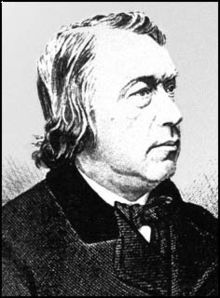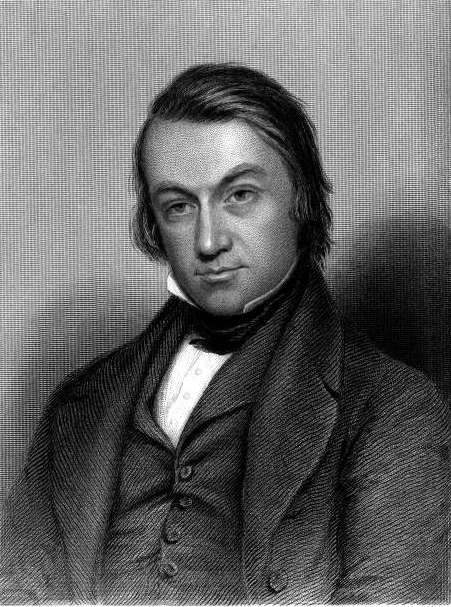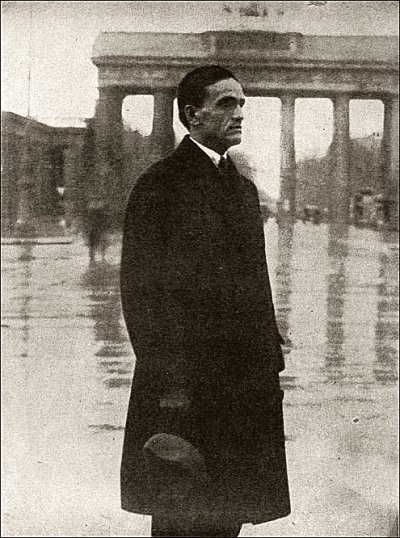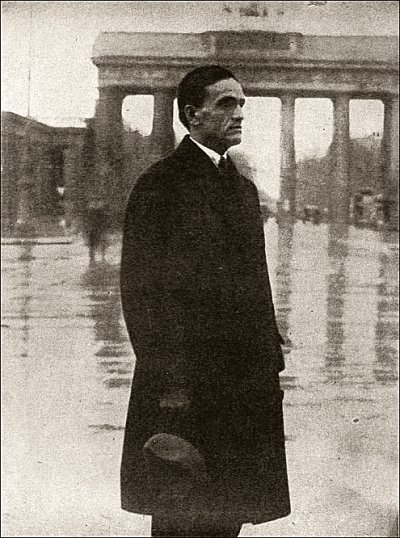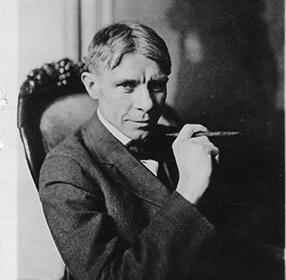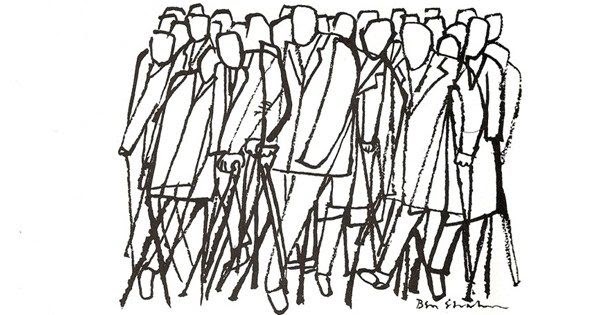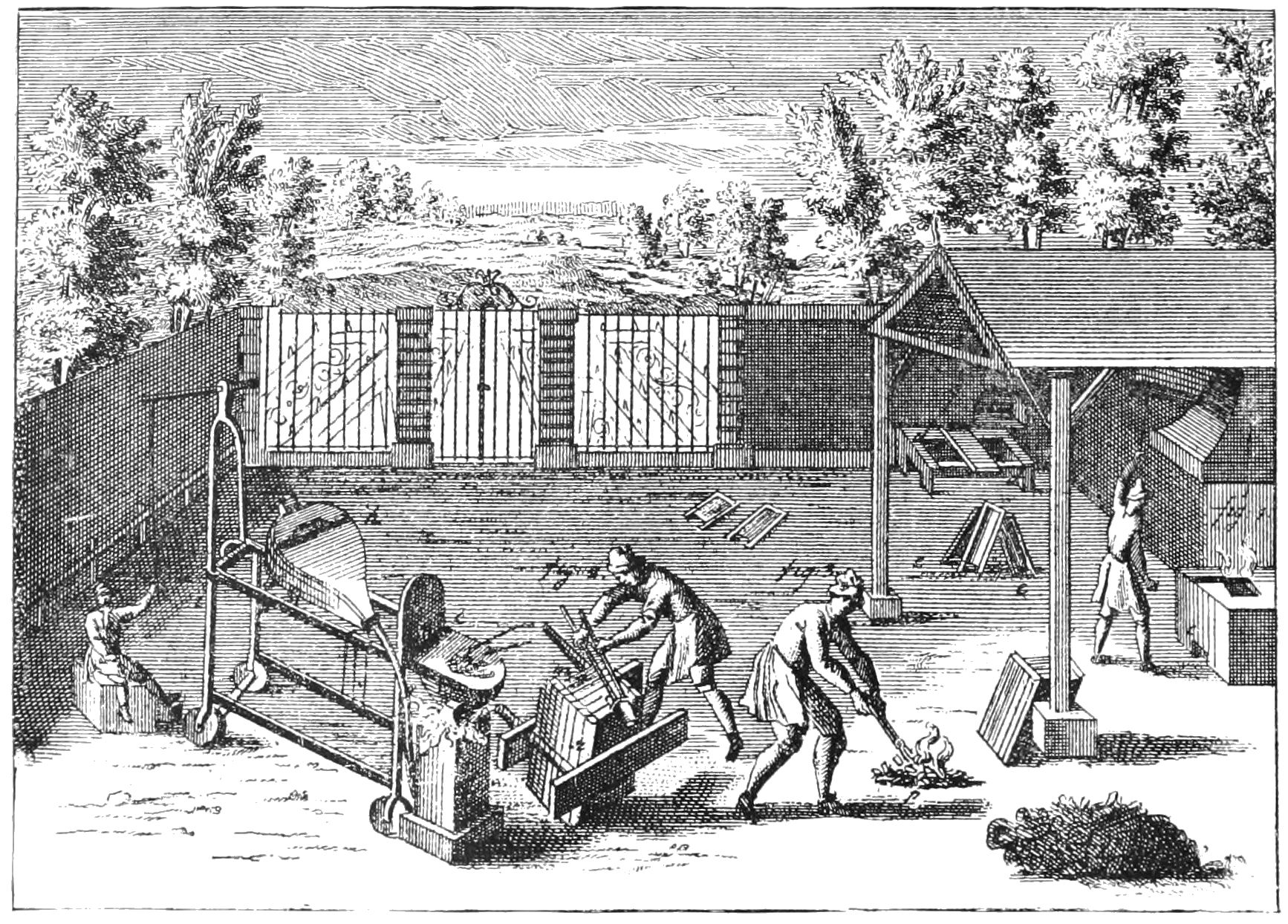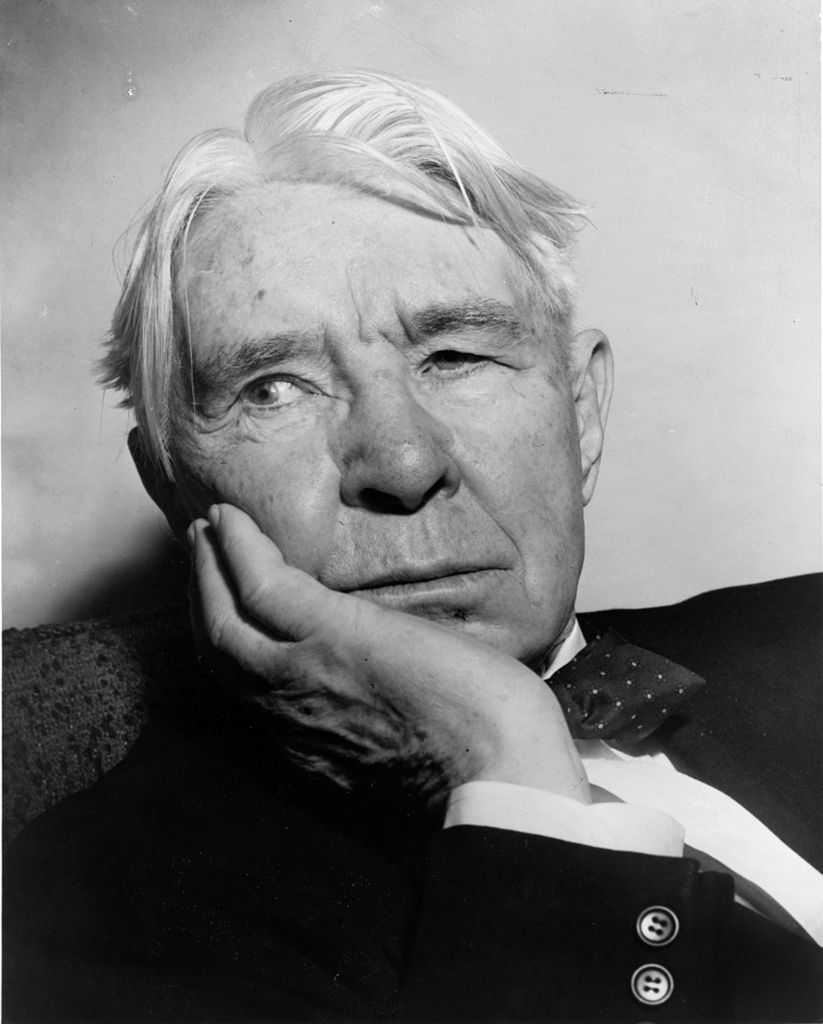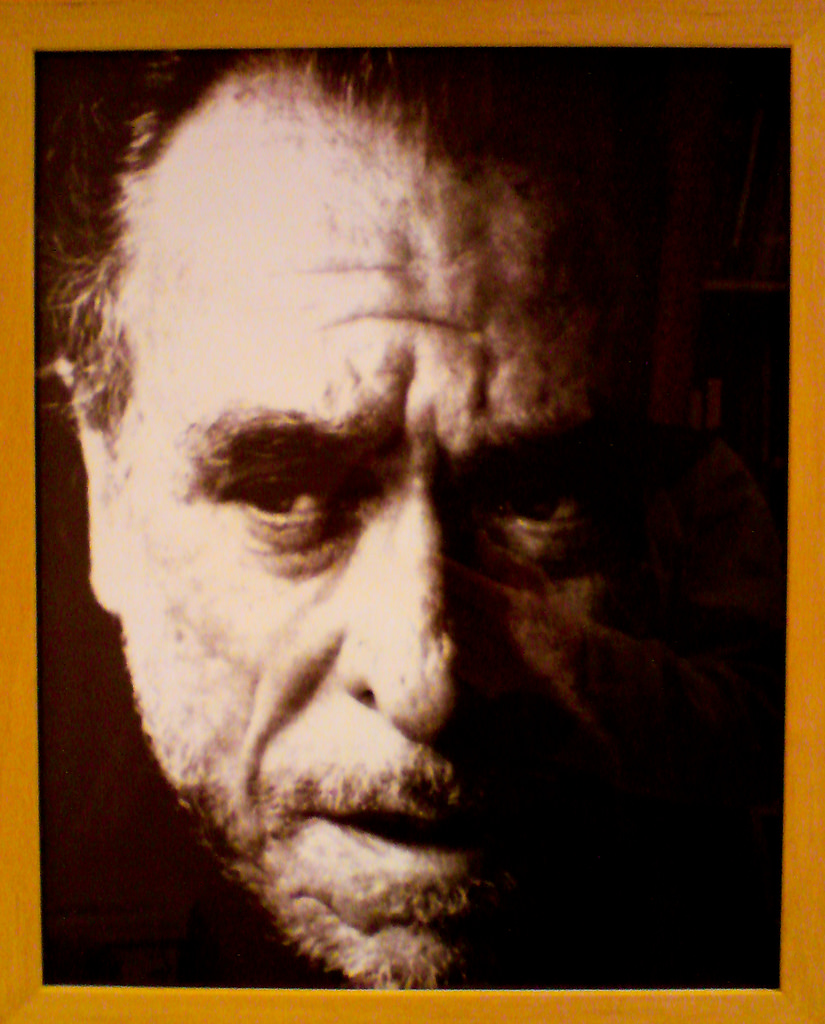About the Poet:
Carl Sandburg was an American writer born in 1878. He claimed three Pulitzer Prizes during his lifetime. He was a celebrated figure in the literary arena of his time. Carl was primarily famous for his ‘Chicago Poems,’ ‘Cornhuskers,’ and ‘Stone and Steel.’ He was distinguished because he was well-known for his depiction of America. His famous written biography of Abraham Lincoln has saved him various praises of apt recognition. Being a Native American, his works were found to be rotating in the premises of America. He was fond of his country and wrote children’s books touring across the country. He was well-known for his free-verse poems. He died in 1967.
I am the People, the Mob: Setting
When Carl Sandburg moved to Chicago, he soon became a part of the Chicago Daily News. Sandburg was encouraged by Harriet Monroe to write free poems for a column named Poetry: A Magazine of Verse. The freshness of his poems distinguished Sandburg from his predecessors. He soon became part of Chicago literature culture. He was recognized for his Work Chicago Poems (1961) and was awarded a Pulitzer Prize to appreciate his deliverance. Through his works, he became a distinguished voice in industrial America. One poem in the collection of Chicago Poems was “I Am the People, the Mob,” which announces the unappreciated hard Work of the workforce of Chicago.
I am the People, the Mob: Poetic Devices
Anaphora is the repetition of a clause to enhance an emphasis on a particular idea. Here “I forget” in lines 7-10 deliver that the Mass never seeks an appreciation note from poets.
I am the People, the Mob: Summary
The main idea of the poem is to highlight the importance of the working class in Chicago. He explains that all the great work circulated in the city is not the attempt of leaders. It is the collective workload that falls on the part of the working class. The untold story of their hard work is recognized in this poem. When he denotes the first person, the speaker shifts from the poet to the working class, who proclaims that they form the major and the most important part of the city; they carry the load of reputation and protect the community’s interests in general. They produce necessities to provide for their families and, in turn, for the benefit of the public. Here, they aren’t appreciated or even recognized for their efforts in society. Poets usually sing praises of famous leaders for their contribution to society, failing to understand that one person cannot bring a change in the city. They were a part of history and the present. Leaders are made through the masses, and when they die, new leaders come from them. The commoners put down the basics of major happenings, and one cannot deny their responsibility. Further, the mob enlists the unmentioned sufferings they go through, and no one addresses their concern. The common man only gets recognized when they lose their life to a patriotic cause. They have to waste their skilled labour for the betterment of the city.
The poem concludes on a pinching note of forgetfulness. The poet says that people need to notice the small sacrifices the mob makes to raise the living of the city. That being said, if we fail to introduce them with recognition, we ourselves are forming dividing lines between them. The people hold the capacity to make or break a city. If we share the benefits equally, no one can mock our existence and be pretentious about society’s contribution. The mob is a collective word for people with similar interests, cultures, and needs. The poet wants to sing praises of the Work done by the common people so that they can arrive together into the scene with satisfaction.
I Am the People, the Mob: Critical Analysis
The poem is a workforce anthem to realize the mob of its honest and hardworking nature. The poet tries to engage the masses through literature so that people can feel involved in the revolutionary phase of industrialization. The masses go through various problems to gather for a decent livelihood. They struggle for enough money, a house, food, and other necessities while they also become the production base of these things. The history, present, and future depend on the appraisal of the masses. The future generations must not forget the blood our ancestors have shed to provide them with a comfortable future.
I am the People, the Mob: Tone
The tone of the poem has a serious influence on the complete idea of industrialization. The poet initiates by asking questions regarding the acknowledgement of the Work done by the common mob. Then he shifts his tone in an obvious manner, enlisting things which the mob does expectantly, for example-“I am the workingman, the inventor, the maker of the world’s food and clothes.” After stating the general, the poet lays out the importance of the mob, the Work that goes unnoticed by others. The Mass is everything existing to Work. The last few lines seem to mock the condition of society and how the poet is enraged by the fact that the makers of the society are the ones ruining it. The tone of the poem is sad and negative. The poet’s personal experience regarding the struggles of mankind has led him to produce such an empowering poem. The poet is trying to bring forth the struggle of mankind with money and homelessness. History has given us remedies to face our future troubles, and we need to recognize their efforts.
The poet has taken a moment to thank the honest and hardworking workforce of the city. They patiently wait for a chance to take place in their lives, a breakthrough that never seems to come. Their contribution to history is unrecognized, but soon, they will be appreciated for their hard Work. They form a collective strength that can shut down any mocking remark made towards them. The poet tries to warn the people not to forget those who betray us and rob us of our needs because usually, the ones who deprive us of our needs are the ones who mock our unity behind our backs.
Updated by Anjali Roongta on 16rg April 2023
Some online learning platforms provide certifications, while others are designed to simply grow your skills in your personal and professional life. Including Masterclass and Coursera, here are our recommendations for the best online learning platforms you can sign up for today.
The 7 Best Online Learning Platforms of 2022
- Best Overall: Coursera
- Best for Niche Topics: Udemy
- Best for Creative Fields: Skillshare
- Best for Celebrity Lessons: MasterClass
- Best for STEM: EdX
- Best for Career Building: Udacity
- Best for Data Learning: Pluralsight
